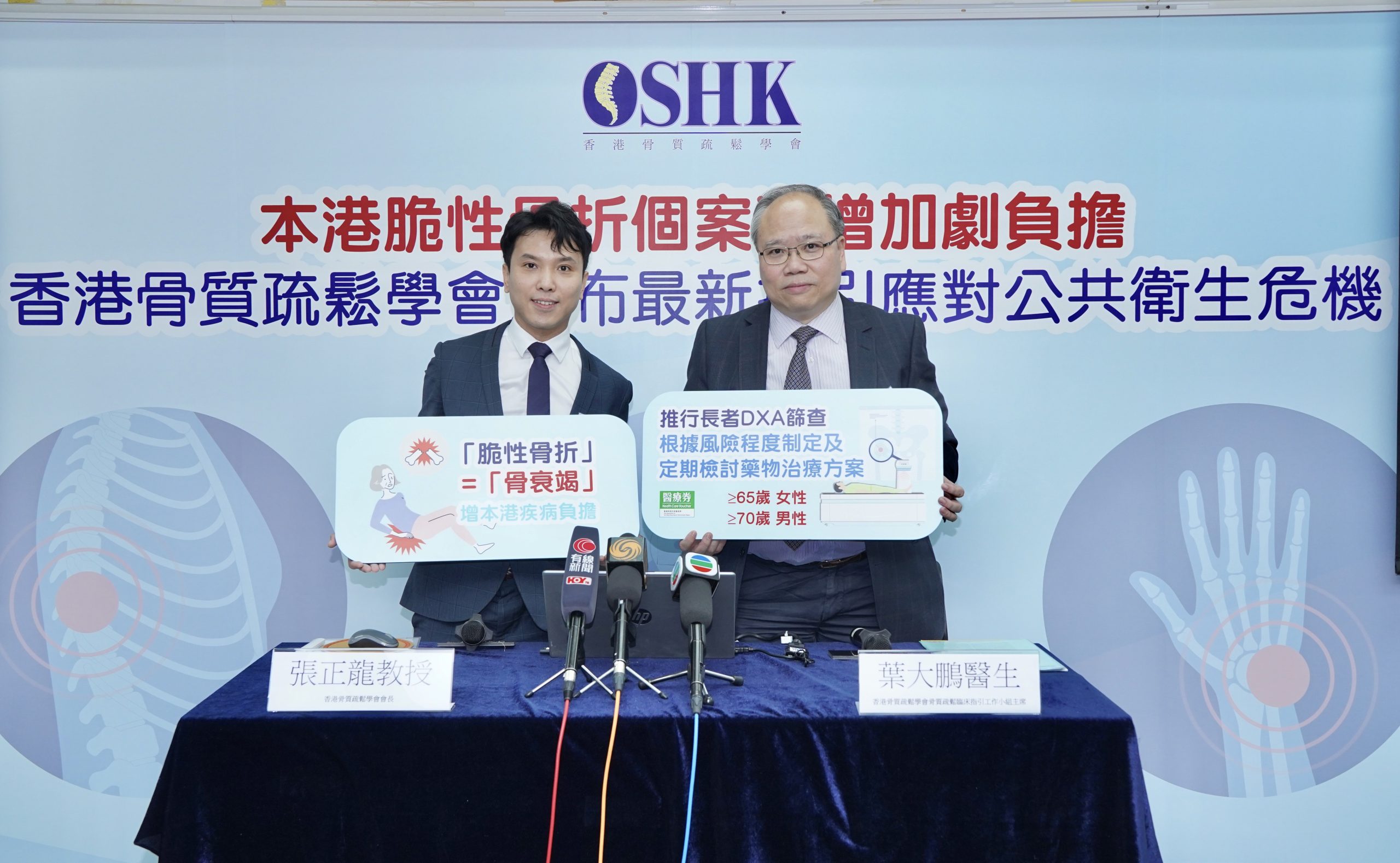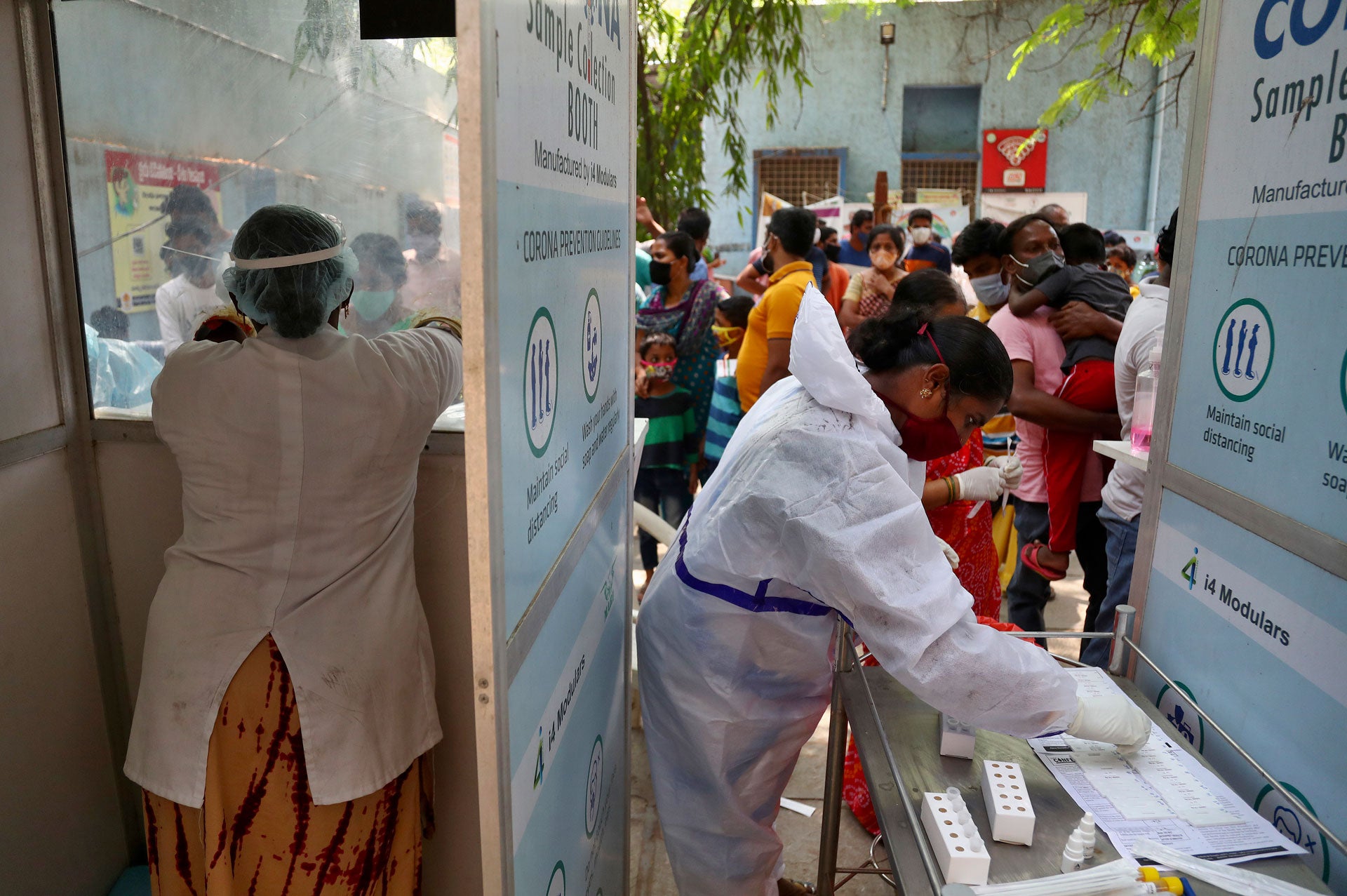Editor's Notes: "Face The Nation: Urgent Questions On COVID-19 Surge, Economic Crisis, And Political Polarization" have published today date. This is an important topic to read because it provides a comprehensive overview of the challenges facing the nation, including the COVID-19 pandemic, the economic crisis, and political polarization.
To help our readers understand these complex issues, we have analyzed the latest data and research.

Alarming Surge in Fragility Fractures Underscores Urgent Need to - Source penjurupos.com
Key Differences:
FAQ
As the COVID-19 pandemic continues to unfold, it's important to stay informed and clear up any misconceptions. This FAQ section addresses the most urgent questions surrounding the virus, the economy, and the political polarization it has caused.
Question 1: What are the most effective ways to prevent the spread of COVID-19?
Social distancing, frequent handwashing, and wearing face masks are crucial in curbing the transmission of the virus. Stay at home as much as possible and avoid gatherings. If you must go out, maintain a six-foot distance from others.
Question 2: What are the economic implications of the pandemic?
The pandemic has caused a global economic crisis, leading to job losses, business closures, and a sharp decline in consumer spending. Governments have implemented various stimulus measures, but the full extent of the economic impact is yet to be determined.
Question 3: How has the pandemic affected political polarization?
The pandemic has exacerbated political divides, with different perspectives on public health measures and economic recovery plans. Misinformation and conspiracy theories have further polarized society.
Question 4: What are the challenges and opportunities in the vaccine rollout?
The distribution of vaccines offers hope for controlling the pandemic, but it poses logistical challenges. Access to vaccines, vaccine hesitancy, and equitable distribution are key issues that need to be addressed. The success of the vaccine rollout will depend on collaboration and effective public health strategies.
Question 5: What is the long-term impact of the pandemic on our society?
The pandemic has had a profound impact on our way of life and may shape our future in several ways. It has highlighted the importance of public health, social solidarity, and the need for effective global cooperation. The economic and political consequences will continue to be felt for years to come.
Question 6: What can we do to overcome these challenges?
Collaboration and evidence-based decision-making are essential. Individuals should adhere to public health guidelines, while governments and organizations must implement effective policies that balance public health and economic recovery. Addressing political polarization requires respectful dialogue and a commitment to shared values.
Tips
Refer to the informative Face The Nation: Urgent Questions On COVID-19 Surge, Economic Crisis, And Political Polarization article for details on the following tips:
Tip 1: Protecting the Most Vulnerable Populations
Ensure access to vaccines, testing, and treatments for communities disproportionately impacted by COVID-19. Increase support for healthcare systems serving these populations.
Tip 2: Economic Crisis Mitigation
Extend unemployment benefits and provide financial assistance to individuals and small businesses. Implement policies that stimulate economic growth and job creation.
Tip 3: Combating Political Polarization
Promote dialogue and understanding across political divides. Foster cooperation and consensus-building on critical issues. Counteract misinformation and disinformation campaigns.
Tip 4: Mental Health and Well-being
Provide accessible mental health services and support systems. Encourage healthy coping mechanisms and resilience-building strategies.
Tip 5: Vaccine Equity and Access
Eliminate barriers to vaccine access for marginalized and underserved communities. Utilize trusted community organizations and outreach programs to increase vaccination rates.
Tip 6: Data-Driven Decision-Making
Utilize real-time data and scientific evidence to inform public health measures and economic policies. Monitor trends and adjust strategies as needed.
Tip 7: Vaccination as a Global Priority
Support global efforts to distribute vaccines equitably and combat vaccine hesitancy. Encourage international cooperation and resource sharing.
Tip 8: Long-Term Pandemic Preparedness
Invest in public health infrastructure and research to prevent future pandemics. Strengthen surveillance systems and prepare for potential variants and emerging infectious diseases.
Summary:
By implementing these tips, we can collectively mitigate the impacts of the COVID-19 pandemic, address economic challenges, and foster a more united and resilient society.
Face The Nation: Urgent Questions On COVID-19 Surge, Economic Crisis, And Political Polarization
The COVID-19 pandemic, economic crisis, and political polarization have posed unprecedented challenges to the nation, sparking urgent questions and highlighting the need to address critical aspects.
- COVID-19 Surge: Stringent measures, vaccine distribution, and public health guidelines.
- Economic Crisis: Stimulus packages, unemployment benefits, and long-term economic recovery plans.
- Political Polarization: Partisan divides, misinformation, and the need for constructive dialogue.
- Health System Strain: Overwhelmed hospitals, healthcare worker shortages, and the allocation of resources.
- Socioeconomic Disparities: Unequal impact on marginalized communities, exacerbating preexisting inequities.
- Global Cooperation: International collaboration, vaccine equity, and addressing the pandemic's cross-border nature.
These aspects are intertwined, requiring a comprehensive and collaborative approach. Balancing public health measures with economic recovery efforts, addressing the root causes of political polarization, and ensuring equitable access to healthcare are crucial. Furthermore, international cooperation is essential in combating the pandemic's global spread and facilitating a coordinated response.
Face The Nation: Urgent Questions On COVID-19 Surge, Economic Crisis, And Political Polarization
The COVID-19 pandemic has created an unprecedented global crisis, with far-reaching consequences for public health, the economy, and political stability. As the virus continues to surge in many parts of the world, governments are facing urgent questions about how to contain the spread of the disease, mitigate its economic impact, and address the deep-seated political polarization that has emerged during the pandemic.

Interview: The Human Rights Crisis Behind India’s Covid-19 Surge - Source www.hrw.org
The COVID-19 surge is putting a strain on healthcare systems around the world. Hospitals are overcrowded, and healthcare workers are exhausted. The economic crisis caused by the pandemic has led to widespread job losses and business closures. And the political polarization that has emerged during the pandemic has made it difficult for governments to take effective action to address the crisis.
The connection between the COVID-19 surge, the economic crisis, and political polarization is complex and multifaceted. The surge in cases is putting a strain on healthcare systems, which is leading to economic hardship. The economic crisis is causing job losses and business closures, which is leading to political polarization. And the political polarization is making it difficult for governments to take effective action to address the crisis.
In the United States, the COVID-19 surge has exacerbated the country's deep-seated political divide. Republicans and Democrats have clashed over mask mandates, social distancing measures, and the pace of the economic reopening. The political polarization has made it difficult for the federal government to take effective action to address the crisis.
The connection between the COVID-19 surge, the economic crisis, and political polarization is a serious challenge for governments around the world. The virus is continuing to spread, the economic crisis is worsening, and political polarization is deepening. It is urgent that governments take action to address these challenges and mitigate the impact of the pandemic.
| COVID-19 Surge | Economic Crisis | Political Polarization |
|---|---|---|
| Overcrowded hospitals | Job losses and business closures | Mask mandates and social distancing measures |
| Exhausted healthcare workers | Widespread economic hardship | Pace of the economic reopening |